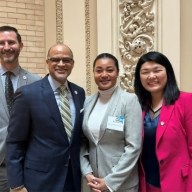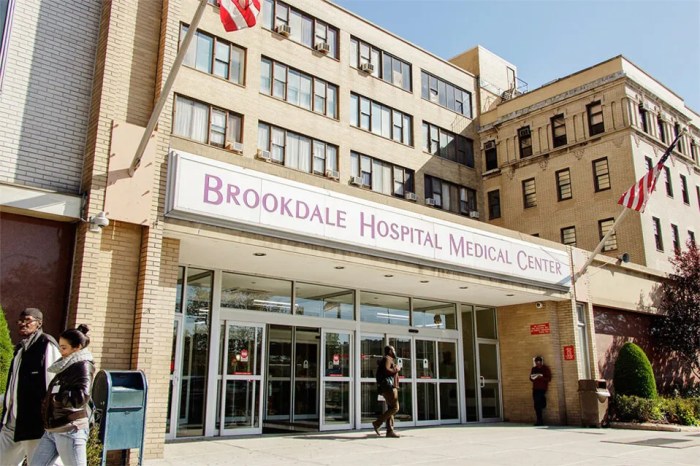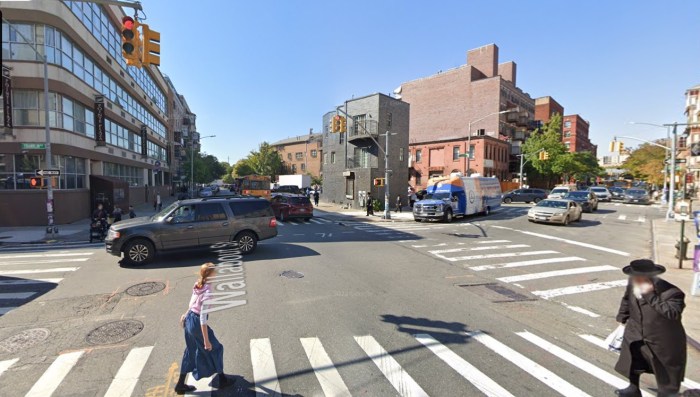If at first you don’t succeed, police headquarters will tell you that you weren’t trying right and you should try, try again.
A spokesman at One Police Plaza told us that the restriction on media access to crime report information at local station houses, which began in early December, is ongoing because this paper’s reporters failed to make requests for weekly meetings with the precincts’ commanding officers directly to him. The public information officer said that the dozens of requests for such meetings made at the direction of former Deputy Commissioner of Public Information John McCarthy to McCarthy, as well as his immediate subordinate and the commanding officers and community affairs departments of each of the 13 precincts we cover simply went to the wrong places.
“I’m the one that does this,” Sgt. Brendan Ryan said. “I read every single e-mail.”
The crime report information is the basis of this paper’s weekly police blotter and only three precincts have continued cooperating with reporters since an order from One Police Plaza demanded that all press requests be routed through the police public information office. At the blacked-out precincts, several commanding officers, who typically have not had a direct hand in providing weekly crime information, and community affairs and crime analysis cops, who have, told us that they are waiting for word from headquarters before letting journalists have access to the complaint forms again. Ryan says that is news to him.
“I have not since this started had a [commanding officer] say, ‘No I’m not going to speak to a reporter,’ ” Ryan said.
Ryan suggested that the clampdown happened because some precincts’ practices jeopardized confidential information contained in police reports, echoing, but heavily qualifying, claims made by his bosses at the beginning of the blotter blackout.
“Apparently, perhaps, and I don’t know that this is factual, some reporters may have been setting up relationships with the wrong individuals regarding getting information,” Ryan said. “And that can’t happen. You can’t have some reporter and a crime information officer saying, ‘Let’s go meet up at the five-and-dime to go over some 61s,’ ” he said, using the technical name for complaint forms.
That runs counter to the cause cited by his fellow public information sergeant, who last week said that the blotter blackout was a response to daily newspapers’ jealousy over the level of precinct access afforded to community media outlets.
Each of our reporters e-mailed Sgt. Ryan with requests for weekly meetings and, by press time, he said that he had okayed meetings for two precincts.





















